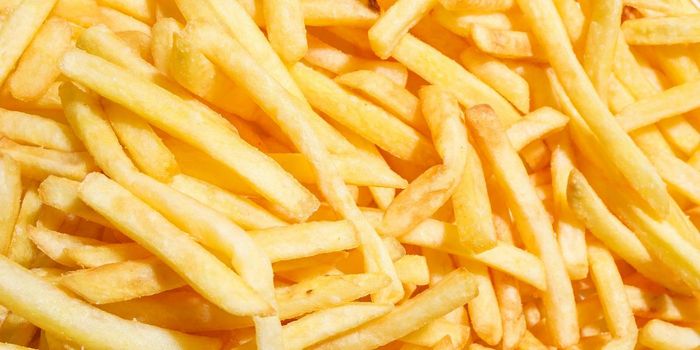Time-restricted Eating Improves Cardiovascular Health in Firefighters
New research published in Cell Metabolism has shown that a form of time-restricted eating improves quality of life and health measures for firefighters who work 24-hour shifts.
The randomized controlled trial included 137 firefighters at the San Diego Fire-Rescue Department who were working 24-hour shifts. The firefighters were 23–59 years old and 9% were female. They were randomized into two groups: one group participated in a 10-hour time-restricted eating window and the other group received standard care for any health or medical issues during the 12-week trial. Both groups were also advising to follow a Mediterranean diet. Health risks were assessed at baseline for both groups; the two groups were similar, with 71% of participants overall having at least one cardiometabolic risk factor including elevated body mass index, high blood pressure, elevated LDL cholesterol, low HDL cholesterol, hyperglycemia, elevated triglycerides, or elevated C-reactive protein. Participants in both groups recorded when they ate and received reminders about the study through a smartphone app.
The results of the trial showed that time-restricted eating was feasible and improved quality of life and health measures for the experimental group. The time-restricted eating group reduced their eating window to an average of 11.13 hours from their initial window of approximately 14 hours, and they had improved quality of life as measured by a standardized survey. They also had significantly decreased VLDL (“bad”) cholesterol and had reduced their alcohol intake by almost three drinks per week. Those in the time-restricted eating group who had high blood sugar or high blood pressure at baseline significantly improved those measures by the end of the study.
Shift workers typically have a much higher risk of cardiovascular disease than the general population, and this was one of the first studies to include shift workers in a clinical trial. The results suggest that time-restricted eating is feasible and may improve health measures in this population.
Sources: Cell Metabolism, UCSD Today








